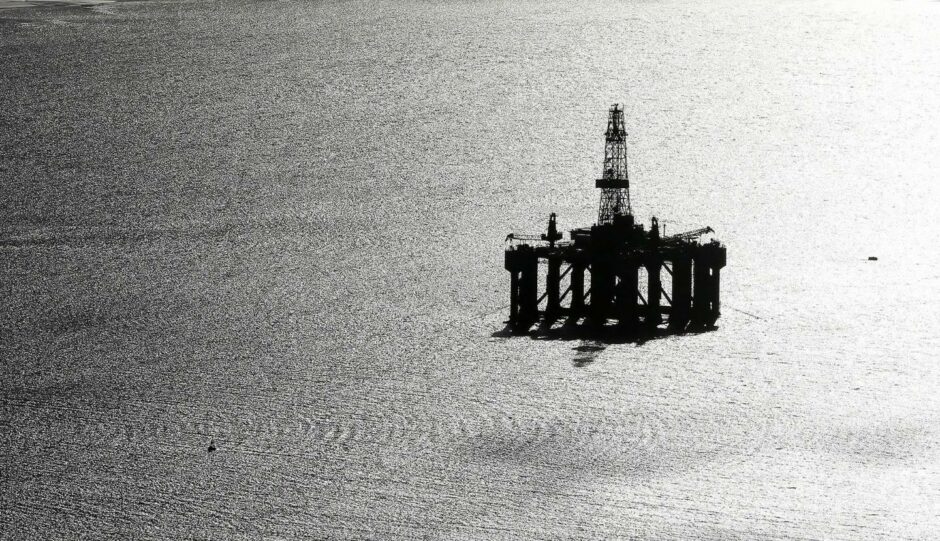
Plans to enact a windfall tax on the profits of the oil and gas companies have drawn a mixed reaction from political figures.
Some have described it as a “proportional response” to the cost-of-living crisis, while others believe it does not go far enough and should be applied more widely.
Chancellor Rishi Sunak finally hit the windfall tax button on Thursday, announcing an increase in the current levy on oil firms from 40% to 65%.
Enacted by a standalone bill, the measure comes into force today and is expected to raise around £5 billion in revenue over the next year.
It will run until oil and gas prices return to “historically more normal levels”, while a “sunset clause” has been included to ensure it wont go past December 2025.
Westminster will use the cash to try to help the hardest up as the cost-of-living continues to soar.
Following the news, trade body Offshore Energies UK (OEUK) accused Westminster of a U-turn on its plans to grow domestic energy production, while some environmental groups toasted the announcement.
READ MORE: Industry slams oil and gas windfall tax which will send ‘shockwaves for years to come’
Richard Lochhead, SNP MSP for Moray and Scotland’s just transition minister, says the “first priority” must to be protect households from soaring energy bills.
He said: “We have said all along that any company that’s made excessive profits from energy prices, or indeed through the pandemic, as some big companies have, should contribute towards that windfall tax.
“I and my colleagues in government think it would be grossly unfair if the tax was solely targeted at the offshore industry in the north-east of Scotland.
“They shouldn’t be exempt – of course they shouldn’t be exempt – but this should be a windfall tax that applies to the Amazons of this world, and other multinationals operating the UK that have made a handsome profit during the pandemic, as well as those companies across the energy sector and other sectors that are definitely benefiting from high energy prices.”
The threat of a windfall tax has been in the air for months after oil and gas prices were sent through roof, partly due to Russia’s invasion of Ukraine.
In recent weeks energy giants have reported billions-of-pounds in profits, prompting numerous calls for Westminster to cream off some of the cash to help households.
In good news for the North Sea, the levy also includes a measure designed to boost investment.
A near-doubling of the investment allowance to 80%, on top of other measures, means firms will get 91 pence back for every pound they spend.
The announcement of a windfall tax comes hot on the heels of the publication of the dmaning Sue Gray report into rule-breaking parties held in Downing Street during Covid-19.
Liam Kerr, Scottish Conservative shadow secretary for net zero, energy and transport said: “The scheme announced by the Chancellor is a proportionate response to a growing cost of living crisis. It has not been taken lightly.
“Based on the latest projections, the alternative may be that thousands of families struggle to pay their bills later in the year, companies fold and this creates a domino effect of further energy uncertainty.
“As Conservatives we are instinctively against raising taxes but the scale of the cost of living crisis requires action.
“I have sought and received assurances that the measures the Chancellor has put in place will not undermine the oil and gas industry that supports 100,000 Scottish jobs, or stifle investment in this crucial industry.
“This is a targeted move that also underlines the importance of investment in the North Sea and renewables now, turning profits into lower bills in the future.
“It is not the smash-and-grab raid the SNP and Labour wanted, but a helping hand directly to those who would otherwise struggle to heat their homes.”
Recommended for you


 © Supplied by Offshore Energies UK
© Supplied by Offshore Energies UK © Supplied by Liam Kerr
© Supplied by Liam Kerr